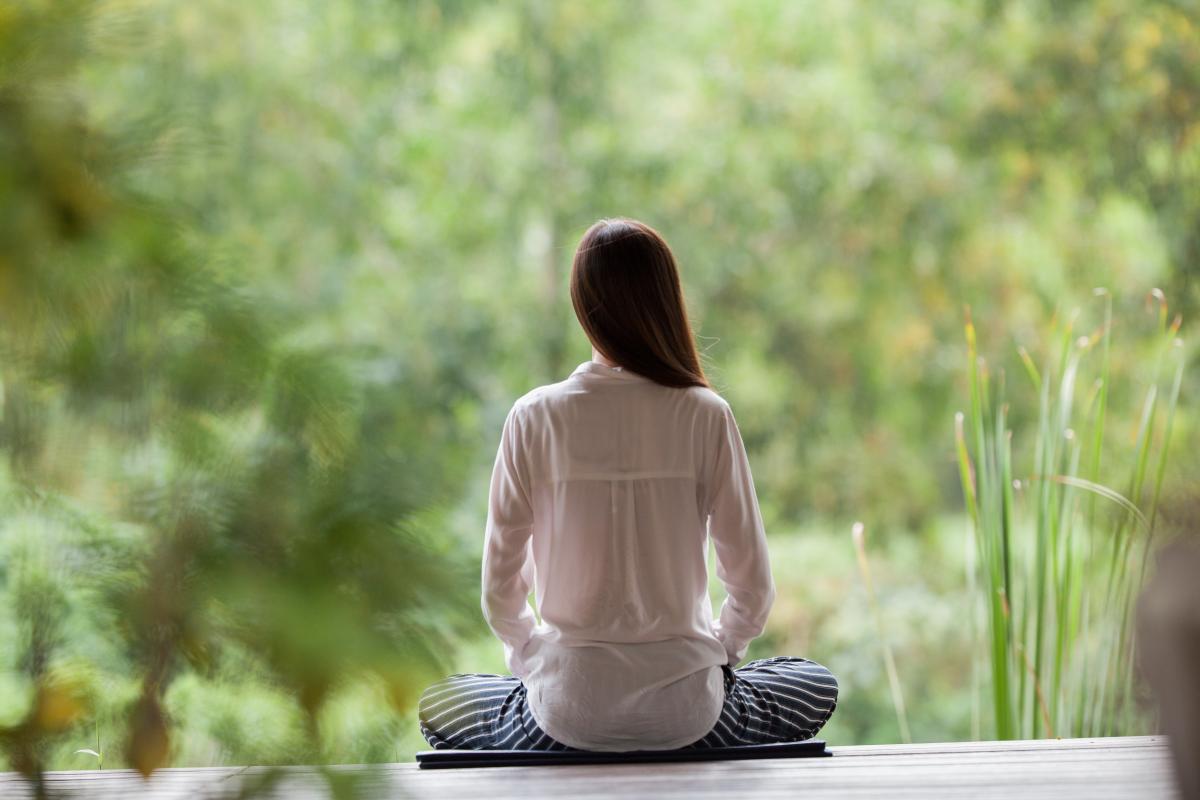Stress can take a toll on your well-being, leading to physical and psychological manifestations that could impair your daily routine. One of the most efficient ways of minimizing stress levels is spending at least 20 minutes in nature, according to a new study released in Frontiers in Psychology.
A group of researchers led by MaryCarol Hunter, an ecologist at the University of Michigan, reached those findings by recruiting 36 urban dwellers to engage in nature experiences for an 8-week study.
Nature experiences were characterized as spending time in an outdoor location that induces a sense of contact with nature for three times a week, at a minimum, at a duration of at least 10 minutes. No electronic devices were allowed. The research group referred to the participants’ time in contact with the outdoors as a nature pill.
In the study, the participants were free to select the time of day and place of their nature experience, with the researchers gathering saliva samples before and after each day spent outdoors.
The samples of saliva were examined for the sole purpose of identifying changes in cortisol, a stress hormone.
Based on their results, the team led by Hunter found a nearly 21% decrease per hour in cortisol levels just by spending time with nature. Time spent outdoors was most beneficial when their nature experience occurred during a span of 20 to 30 minutes.
“The efficiency of a nature pill per time expended was greatest between 20 and 30 min, after which benefits continued to accrue, but at a reduced rate,” the co-authors explained in the findings. “For salivary alpha-amylase, there was a 28.1%/h drop after adjusting for its diurnal rise of 3.5%/h, but only for participants that were least active sitting or sitting with some walking.”
“The results provide a validated starting point for healthcare practitioners prescribing a nature pill to those in their care. This line of inquiry is timely in light of expanding urbanization and rising healthcare costs,” researchers concluded.


